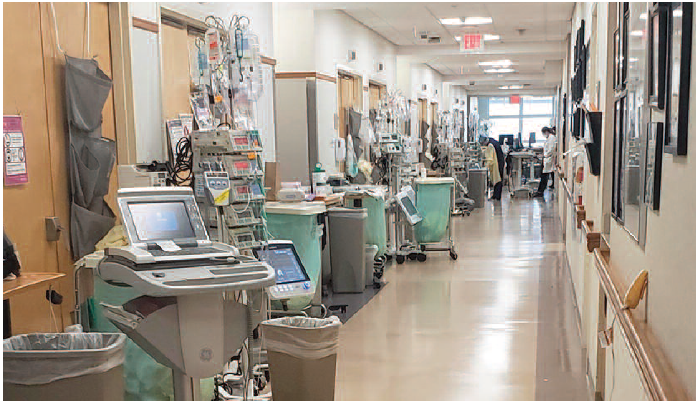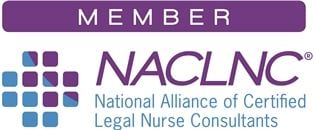
Is Alarm Fatigue Real?
What is Alarm Fatigue?

Alarm fatigue is a serious issue in hospitals across the world. In an environment where alarms are constantly ringing, it can be easy for healthcare professionals to become desensitized to them. This can lead to missed alarms, delayed response times, and even patient harm.
So, what exactly is alarm fatigue? It's the phenomenon where healthcare professionals are exposed to so many alarms that they become desensitized to them. This can happen with any type of alarm, from patient monitors to infusion pumps to call bells. When healthcare professionals hear alarms constantly, they start to tune them out, which can be dangerous for patients.
Alarm fatigue is a major problem in hospitals because it can lead to missed alarms. When healthcare professionals become desensitized to alarms, they may not respond to them quickly enough. This can be especially dangerous in critical care areas, where every second counts. In fact, a study by the Joint Commission found that alarm fatigue contributed to 80 deaths and 13 serious injuries in hospitals between 2009 and 2012.
There are many types of alarms that nursing staff encounter during a single shift. Call lights, bed alarms, chair alarms, IV pumps, SCD pumps, telemetry alarms, and many other equipment alarms exist. Each alarm has a slightly different sound, but as the hours and days add up, the brain starts the automatic process of elimination. As the nurse tries to focus, the brain will help by shutting off some of the external sounds. Nurses are already very overwhelmed with the amount of work they are asked to do in a twelve-hour shift, so the brain also helps by segregating the alarms. The nurse may know she does not have any IV pumps on her patients, so if there is an IV pump alarm, she may subconsciously say to herself, "I don't have any IV pumps, so it is not my patient." This is not to induce intentional harm to the patient but to allow her to get the work done for the patients assigned to her for that shift. She would never see her patients if she had spent doing everything for everyone else.
So, what can hospitals do to combat alarm fatigue? One solution is to implement alarm management protocols. This involves setting up guidelines for when alarms should be triggered, how they should be prioritized, and how they should be responded to. It also involves educating healthcare professionals on the importance of responding to alarms in a timely manner.
Another solution is to use technology to reduce the number of alarms. For example, some patient monitors are designed only to trigger alarms when certain thresholds are met rather than constantly monitoring every parameter. This can reduce the number of false alarms and help healthcare professionals focus on the alarms that are most critical. Other interventions to decrease alarm fatigue include only selecting appropriate patients for telemetry and fall risks.
In order to implement any of these interventions, the administration needs to have buy-in from the physicians, lower management, and the nursing staff. This environment will promote the culture change necessary for any system-wide changes. Patient safety is everyone's responsibility and should not solely be on the patient's nurse. Patient safety would improve if everyone were joined together, responding to all alarms.
In conclusion, alarm fatigue is a serious issue in hospitals that can lead to patient harm. It's important for hospitals to implement alarm management protocols and use technology to reduce the number of alarms. By doing so, healthcare professionals can ensure that they are responding to critical alarms in a timely manner, which can ultimately save lives.
Share
a b c d e f g h i j k l m n o - Do not remove from template!!! it is important to support different fonts

